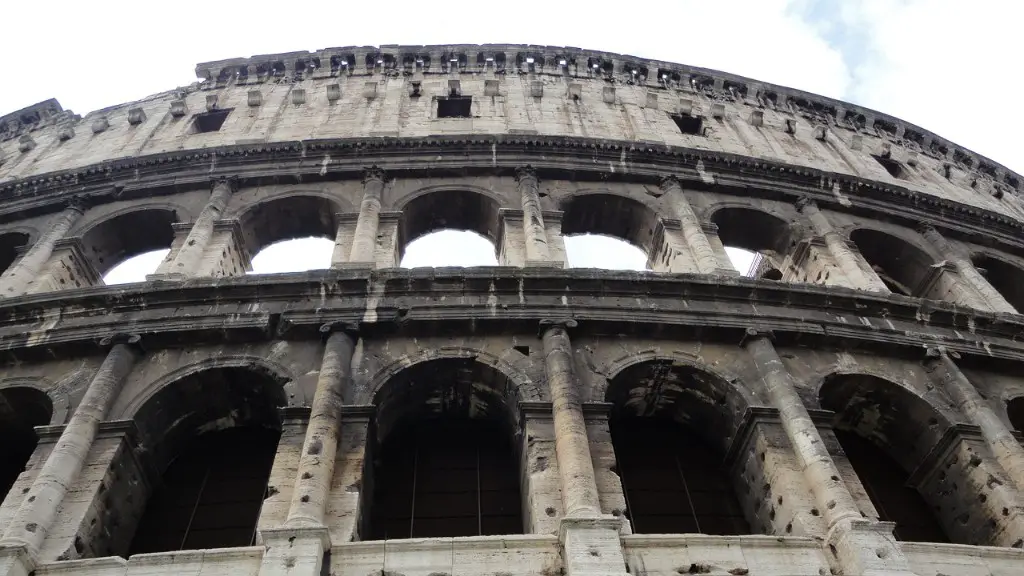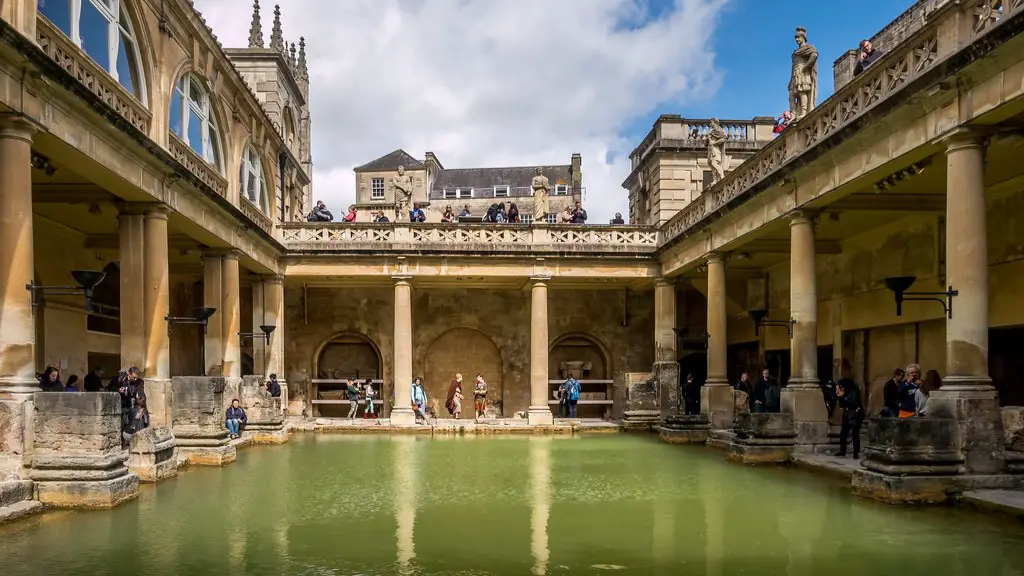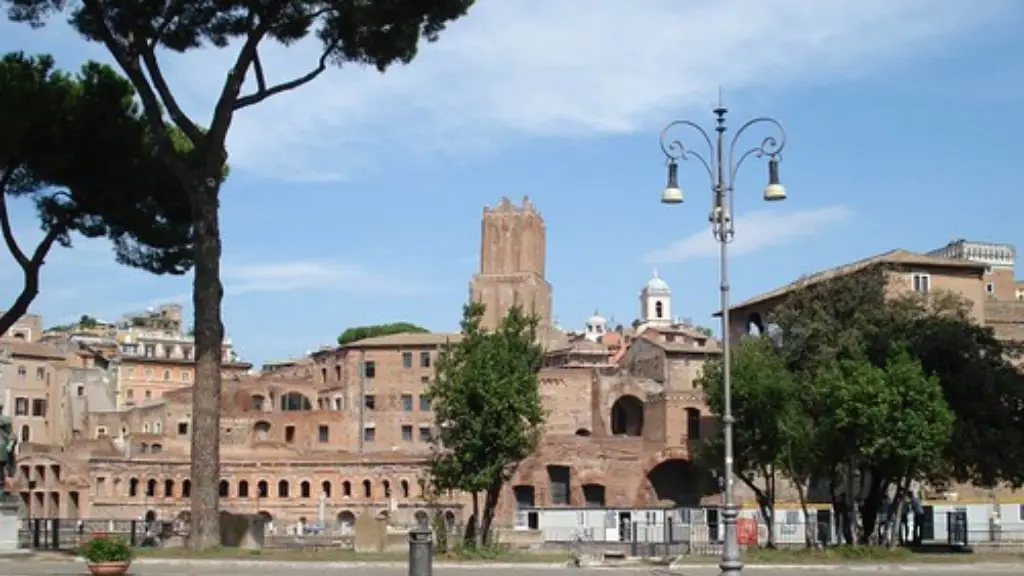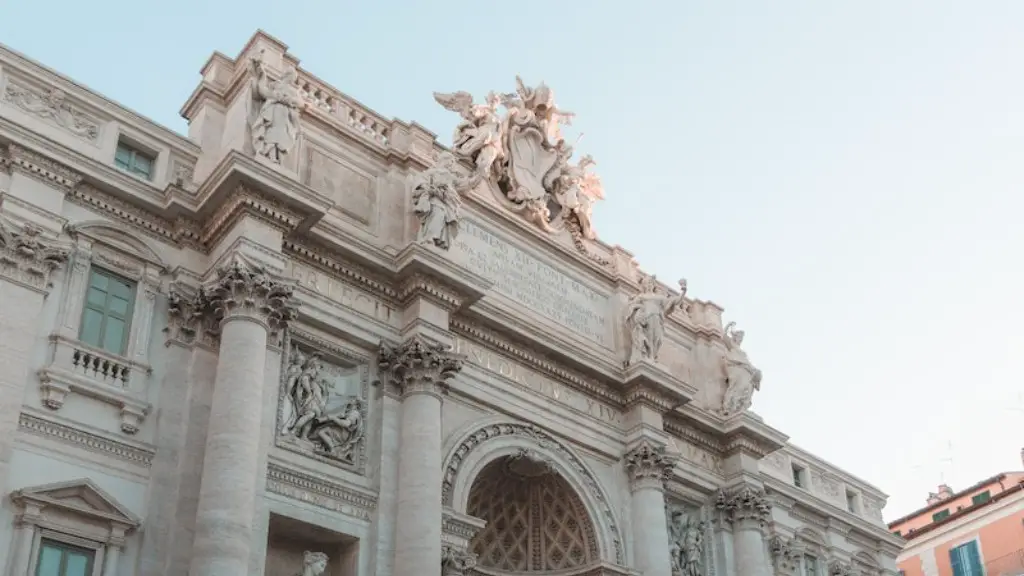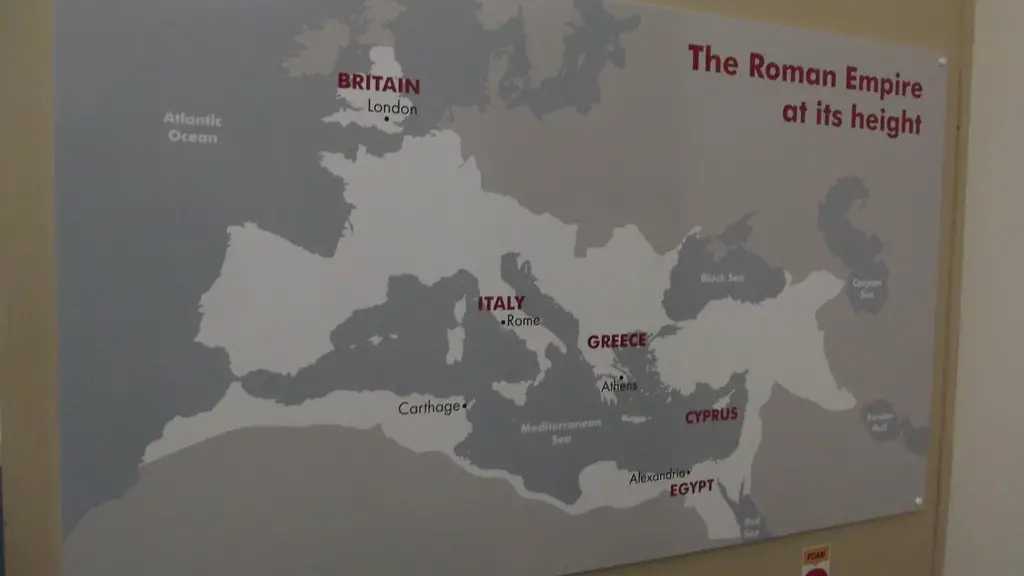Religion in Rome before Christianity was dominated by a pantheon of gods, each associated with specific aspects of nature and aspects of human existence. Some of these gods are still known today, such as Jupiter, for the king of the gods, and Mercury for the messenger of the gods and the god of commerce. Other examples include Juno, for women, the goddess of the moon, and Mars, the god of war. There were also many gods in the underworld, some controlling very specific areas such as wealth or health.
Religion in Ancient Rome was an important part of everyday life. Religion governed the relationships between the state and its citizens, as well as the relationship between the gods and mortals. It was said that the gods governed the fate of Rome, and that following the rituals would protect the state from misfortune. Religion was a very public affair, with temples to the gods being built in every public square, as well as shrines to the gods in each household. People would gather in the temples to worship and give sacrifices to the gods, as well as to ask for favors or protection from them. Religion was also a sign of an individual’s civic duty, as belief in the gods was expected of all Roman citizens.
Roman religion was highly ritualized, with many specific practices and protocols being used. This included offerings of food and other items to the gods, as well as specific ceremonies and rituals including animal sacrifice, which was seen as a way to give back to the gods. All major Roman festivals included also some form of sacred sacrifice. These ceremonies were held in temples and were seen as a way to thank and appease the gods, and help them stay positive towards Rome. Religion in Rome was also intertwined with politics, with those in power often giving special favor to the gods they held most dear.
The religion of Rome before Christianity was polytheistic, meaning that there were many gods that were worshipped. This meant that despite having a set of major gods, there was still much diversity and variation among individuals’ beliefs. The gods were thought to be involved in many aspects of daily life, from the mundane to the spectacular. This is why individual households often had their own patron god, to watch over them and intercede on their behalf in the face of difficult times.
Ancient Romans also believed in spirits and ghostly figures, known as Lares and Penates. These figures were thought to guard the household and offer protection. These entities were also thought to punish those who strayed from the ways of the gods, making them wary of straying too far. It was important to the Ancient Romans that they followed the will of the gods and stayed in the favor of them.
Although the worship of the gods was integral to the Roman experience, it was neither static nor monolithic. It was constantly shifting and evolving, reflecting the flux of society and incorporating new beliefs and practices as Roman influence grew and spread. As the former Roman provinces embraced Christianity and converted to the new faith, the worship of the gods was superseded by the worship of the Christian god.
Roman Political Influence
Roman gods were heavily associated with Roman political power, as many of Rome’s most successful rulers were associated with the gods. For example, Julius Caesar was said to be the son of Venus, an important goddess in Roman culture. As such, his political success was in part attributed to his connection to the gods. This connection was also used by other leaders, who wanted to align themselves with certain gods to gain legitimacy and public favor.
Additionally, the Roman state had the power to pass laws, officially recognizing or outlawing certain gods in the Roman pantheon. This power was used to eliminate certain gods while promoting others, as part of an attempt to shape Roman religion and culture. As such, religion and politics were extremely interconnected in this period, with political leaders assuming an important role in religion as well.
Roman Religion and Culture
Roman religion was deeply embedded in Roman culture, with beliefs and practices having been evolved over centuries. Religion had a role in everything from entertainment to education, and was seen as an integral part of society. This meant that when assembling a new emperor, or electing a new civic leader, religion was viewed as a key factor in their qualifications and suitability for the role.
Roman gods were also seen as highly instrumental in Roman culture and everyday life. As such, following the gods’ principles was of utmost importance in this period. This included engaging in certain rituals, such as offerings which were seen as a way to give back to the gods and stay in their favor.
The religion in Rome before Christianity was rooted in the practices and customs of Ancient Rome, and was highly influential in the development of this period of history. It was a part of everyday life, shaping both individual and collective behavior in essential ways. As Christianity began to take hold, the role of the gods in Roman life began to diminish, although elements of Ancient Roman religion are still visible in modern culture.
Diffusion of Roman Religion
The Ancient Roman religion spread far and wide through the Roman Empire, and also influenced neighbouring cultures. This is most evident in the spread of the Latin language, which is still spoken in various parts of the world today. Additionally, elements of Ancient Roman religion are still visible in various religions around the world, such as Zoroastrianism, which adopted many elements from Roman religion.
Additionally, Rome’s influence extended to other parts of Europe, including the cultures of the Celts, who adopted various elements from Roman religion. This saw some of the gods and spirits being absorbed into the Celtic culture, as well as some of the Roman festivals and rituals. As such, it can be seen that the Ancient Roman religion had a significant impact on the cultures of the world in this period.
Current Religion in Rome
Today, individuals in Rome still practice a certain level of Roman religion. This includes worship of certain gods, as well as smaller ceremonies and traditions such as honoring family members and the dead. Additionally, folk tales and beliefs, such as those involving the Lares and Penates, are still passed down from generation to generation.
Although Italy is now largely Christian, there are still traces of the Ancient Roman religion in this region. This can be seen in the rituals necessary for certain religious festivals, as well as the prevalence of certain beliefs, such as those concerning the gods of the underworld. There are also certain monuments and structures in the region dedicated to the ancient gods, such as the Pantheon, which serves as a reminder of Rome’s long-standing ties to religion.
Influence on Modern Religion
Although the religion of Ancient Rome is no longer the official religion of the region, it still has a significant influence on modern religion and culture. Elements of Ancient Roman religion can be seen in the ritual practices of some Christian denominations, as well as in the beliefs of other religions such as Judaism and Islam. Additionally, certain aspects of Ancient Roman religion have been assimilated into popular culture, particularly in regards to the worship of magic and mysticism.
Additionally, the gods of Ancient Rome still receive widespread attention in popular culture, with various television shows, books, and movies being dedicated to them. This shows that despite it being almost two millennia since the religion of Ancient Rome was practiced in the region, the gods of this ancient religion still hold a deep resonance with people today.
Impact on Society
Throughout its many centuries in existence, the religion of Ancient Rome has had a long lasting impact on religion, culture, and society. It has formed the basis for many of the religions and cultures of the world today, while also informing many of the laws, customs, and rituals that are practiced in society. The gods of Ancient Rome are still widely recognizable, showing their endurance and influence in the face of changing times.
Its role in shaping the world and its interface with modern society have made the religion of Ancient Rome a source of lasting fascination and mystery. While the religion of Ancient Rome was largely replaced by Christianity, its influence is still evident in many aspects of our lives today.
